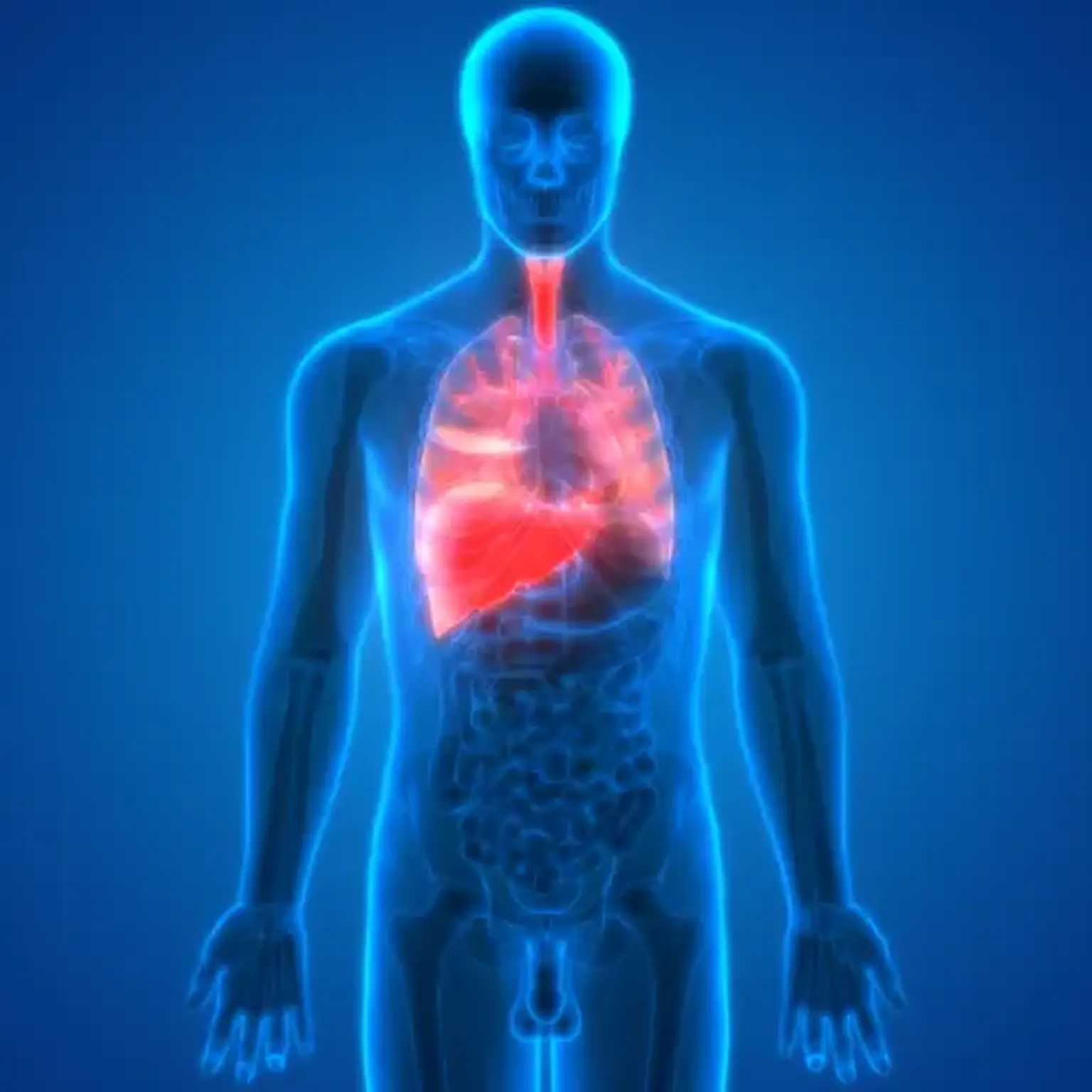Introduction
Alpha-1 Antitrypsin Deficiency (AATD) is a rare but serious genetic condition that can significantly affect both lung and liver health. Caused by a lack of a vital protein known as alpha-1 antitrypsin (AAT), this deficiency leaves the lungs vulnerable to damage and the liver at risk of disease. For many, AATD is undiagnosed or misdiagnosed, leading to progressive symptoms such as shortness of breath, chronic obstructive pulmonary disease (COPD), and even liver cirrhosis.
Understanding the symptoms and ensuring early diagnosis is essential to managing this condition effectively. With advancements in genetic testing, healthcare providers can now identify AATD earlier, reducing the risk of severe complications. In South Korea, where awareness of genetic conditions is growing, state-of-the-art diagnostic tools and treatment options are increasingly accessible. This article will provide an in-depth look at Alpha-1 Antitrypsin Deficiency, exploring its symptoms, diagnosis, and the resources available for patients.
Understanding Alpha-1 Antitrypsin Deficiency
What is Alpha-1 Antitrypsin Deficiency?
Alpha-1 Antitrypsin Deficiency, commonly referred to as AATD, is an inherited condition caused by mutations in the SERPINA1 gene. This gene is responsible for producing alpha-1 antitrypsin (AAT), a protein that protects the lungs from damage caused by inflammation. In individuals with AATD, the protein is either deficient or dysfunctional, leading to unregulated inflammation that can damage lung tissue over time.
Because AAT is primarily produced in the liver, AATD can also lead to liver disease, especially when abnormal protein accumulates in liver cells. This dual impact on lung and liver health makes AATD a complex and potentially life-threatening disorder.
